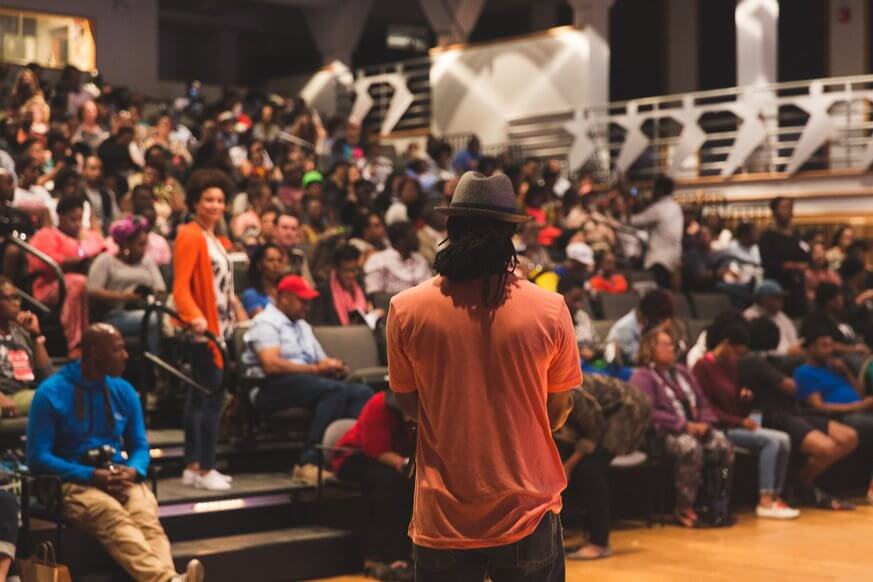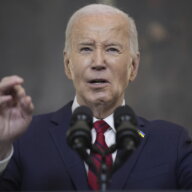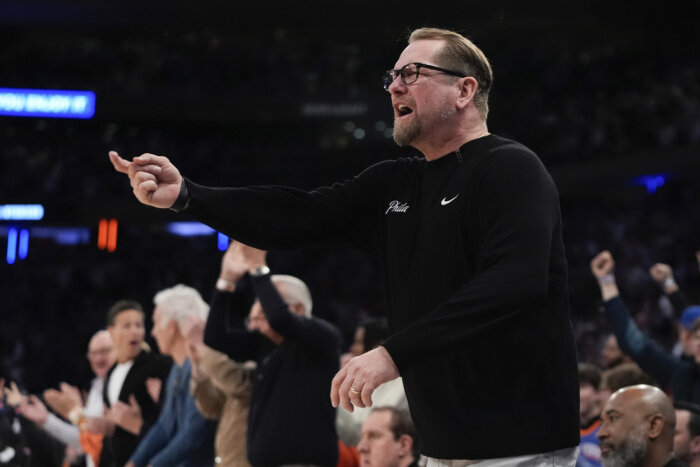The BlackStar Film Festival returns for its sixth year in Philadelphia and promises to be bigger than ever. The festival, which celebrates films by and about people of African descent and indigenous communities from around the world, takes place August 3 through August 6. BlackStar is more than just four days of film screenings and workshops, but a much needed international family reunion, and everyone is invited.
BlackStar is the grand result of a more modest conception. Maori Holmes, the artistic director of the festival, wanted to curate a festival focusing on African arts in 2012.
“I didn’t intend on doing a film festival,” she says. “I was just thinking of doing a one-time thing.”
BlackStar has since become an international film festival that’s growing every year. While Holmes expresses big hopes for the continued growth of the festival, she stresses other elements that made BlackStar integral.
“I hope we are a platform that is helping people part through what’s going on,” she adds.
A film festival that features works from five continents is demonstrative of just how inclusive it is. What started as a celebration of African arts is now a global festival. African arts and black culture reside in more than one or two corners of the planet.
“With the sheer globalness of it, I wanted it to be an international festival that showed how people’s stories are interconnected,” Holmes notes enthusiastically. “There is a certain kind of work that only gets seen in mainstream media. We’re showing diversity and alternatives to those stereotypes and homogeneity.”
The number of voices that aren’t represented is immense. But the climate is shifting, and much of that is thanks to people like Holmes. As a curator, filmmaker and culture worker, she’s organized programs in film and performance at ICA, Barnes Foundation, Asian Arts Initiative, and Painted Bride Art Center. She’s received awards from John S. and James L. Knight Foundation, Pennsylvania Council on the Arts, Leeway Foundation and Women’s Way. The list of accomplishments goes on and is a testament to her dedication to impacting not only how black film and media are perceived, but how they are received.
“I think it’s cliche that we talk about how accessibility is easier now,” Holmes says. “We need to support the arts and [the BlackStar festival] is an arbiter for this kind of content that is social and political. The work is pushing boundaries and connects the artists to the audiences.” Realizing that people didn’t have access to resources like this kind of festival helped spark what BlackStar is today.
“I hope people can find some joy and lightness,” she concludes. “There are frightening things happening here and abroad, and people will see this as an opportunity to connect and be nourished over these four days. Not by just what’s on the screen, but seeing this as a family reunion. It’s always important that people know that our audience is everybody.”
For more information, visit: blackstarfest.org.






























